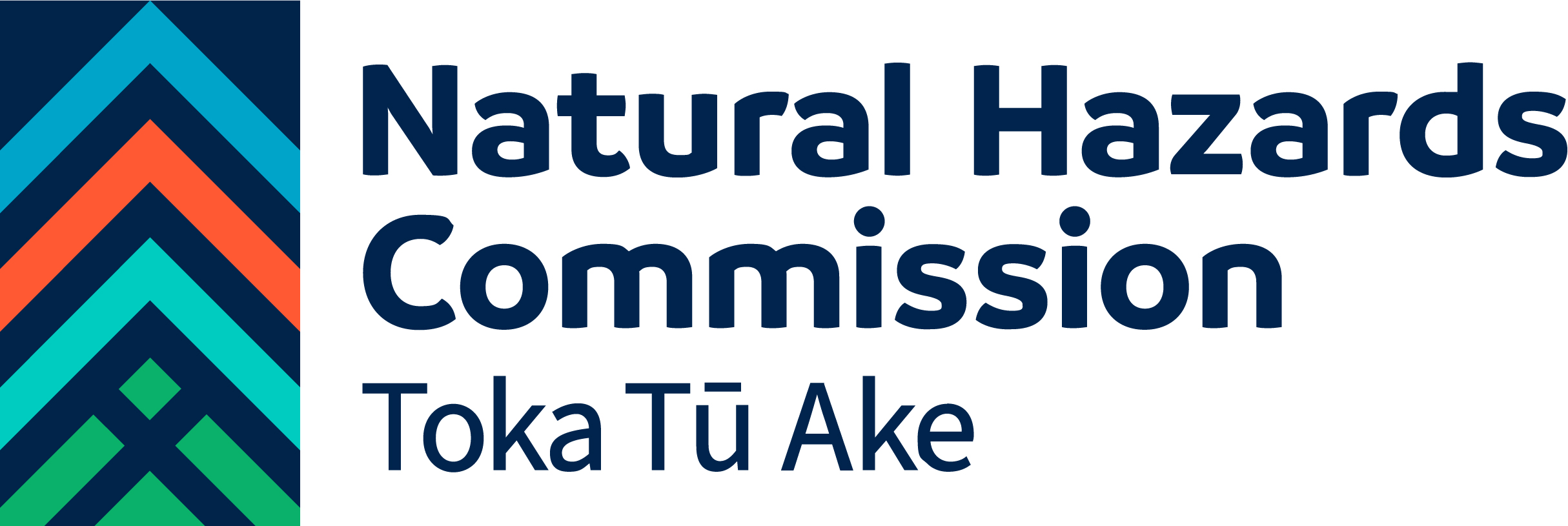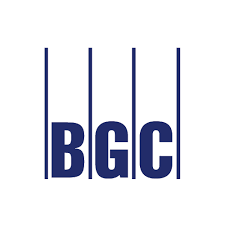LANDSLIDE RISK AND GEO-EDUCATION (LaRGE)
Join us for an international workshop to learn, share, and discuss the assessment, management, communication and education of landslide risk.
NAU MAI, HAERE MAI – WELCOME!
The New Zealand Geotechnical Society is delighted to invite you to the First International Joint Workshop of Joint Technical Committee 1 (Natural Slopes and Landslides) and Joint Technical Committee 3 (Education and Training) of the Federation of International Geo-Engineering Societies (FedIGS) on Landslide Risk Assessment, Communication and Geo-education. We will share the latest research and develop best practice guidelines in the stunning New Zealand city of Queenstown.
Our theme “Landslide Risk and Geo-Education” unifies the full lifecycle of landslide risk management. It encompasses the needs to educate the next generation of landslide risk managers, to robustly understand landslide risk, and to communicate that risk to the public and decision makers so that real change is implemented.
This landmark international event unites JTC1 and JTC3 to advance landslide risk assessment, education, communication, and outreach – creating a unique opportunity to make a real change, and will be attended by leading experts from around the world.
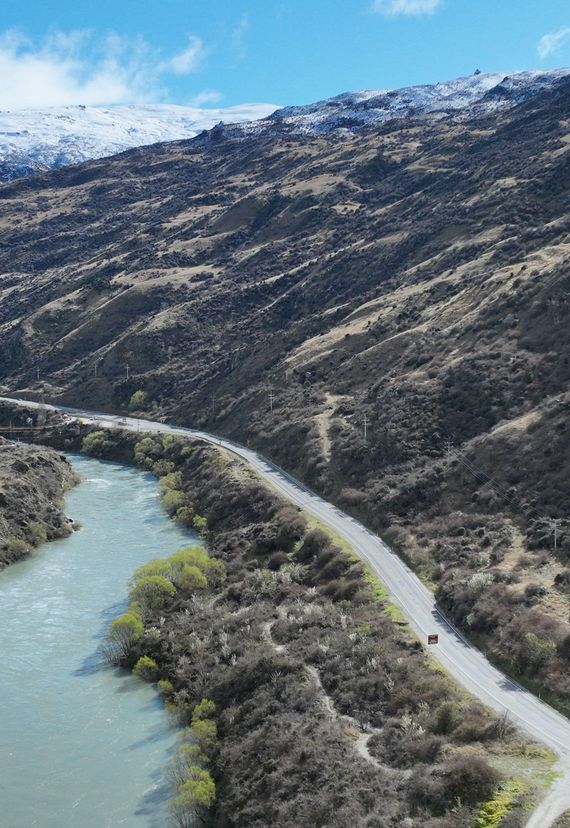
FedIGS welcome

Chungsik Yoo
President, FedIGS
FedIGS warmly welcomes you to the first joint workshop of its Joint Technical Committees JTC1 and JTC3.
This inaugural collaboration marks an important milestone for our geoengineering community, bringing together expertise across disciplines to advance our understanding and management of landslide risk. The workshop provides a valuable platform for sharing knowledge, exchanging ideas, and fostering collaboration among researchers and practitioners from around the world.
Please join this remarkable event, actively engage in the technical programme, and enjoy the natural beauty, culture, and stunning scenery of Queenstown, while connecting with colleagues from across the global geo-engineering community.
STRUCTURE
The workshop is structured around specific projects through interactive project workshop sessions. We will go beyond disseminating knowledge: we will generate new ideas, develop ongoing projects, and create tangible outputs including guidelines and research direction.
LaRGE2026 will also deliver great training courses, keynote speeches, presentations, poster sessions, and field trips. The training courses will span landslide risk assessment, emergency response, science communication, and landslide geoeducation. We will be encouraging delegates to take part in our parallel science communication training, and to create their own simple-language summary of their work on video. The development and sharing of knowledge within this workshop conference will occur through several different formats, with something on offer for everyone.
The interactive workshops will be a great opportunity to influence real world outputs which will be used within academia and industry long after the conclusion of this session.
For those who wish to present their own research, abstract submissions are encoureged and successful candidates will be notified of either a poster, video or presentation opportunity. There is no need to submit an abstract to attend the workshops or training sessions; your interest in these events can be indicated at registration.
Join the Mailing List
for up-to-date announcements
Key Dates:
Deadline for paper submission: 23 November Extended to 7 December
Notification of paper acceptance, with reviewer feedback: mid-December In the first half of February 2026
Deadline for revised paper submission: 25 January 2026 March 2026
LaRGE 2026 Conference will be in
Queenstown New Zealand
CORE WORKSHOP ELEMENTS
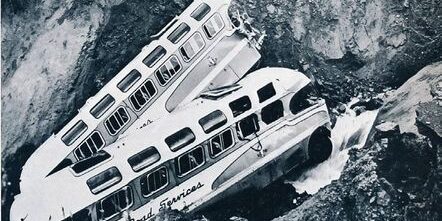
FIELD TRIPS
Our field trips will be directly aligned with the core themes of the conference, and will expand on topics covered in the main workshops.
Please click the button to find information on the field trips.

WORKSHOPS
Our series of full plenary workshops during the conference will present active projects and solicit your involvement, feedback and ideas. Come prepared to engage with the work and share your expertise.
Please click the button to find information on the workshops.
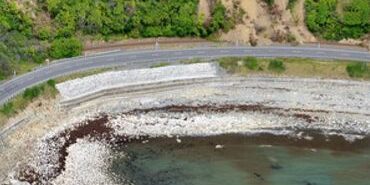
TRAINING
We have a range of pre-conference training courses directly relevant to landslide risk management, geo-education and communication.
Please click on the button to find information on the training options.
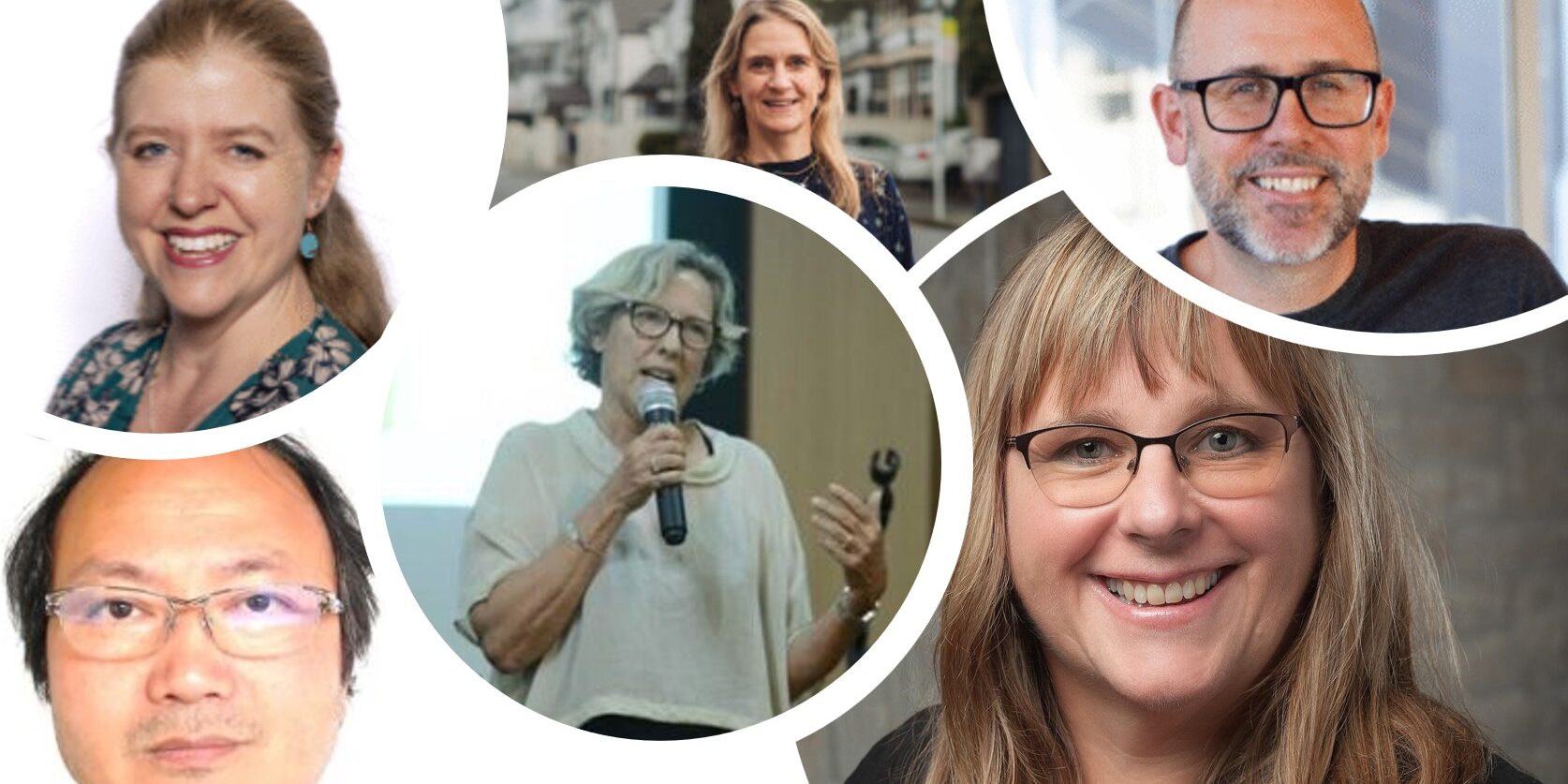
EXPERT SPEAKERS
Our speakers have been selected for their world-leading expertise and ability to communicate clearly and effectively.
Please click on the button to find information on our fantastic international and local speakers.
CONFERENCE SUSTAINABILITY
New Zealand, Queenstown, and the New Zealand Geotechnical Society are committed to creating a better future for our communities, environment and economy.
Queenstown Lakes' Destination Management Plan, Travel to a Thriving Future, is our roadmap to achieving a regenerative tourism and a carbon zero visitor economy by 2030. It will ensure that our district remains a special place for future generations, and a place we can continue to be proud to share with visitors for years to come.
This conference will be fully aligned with these goals, and further information will soon be made available on the specific actions we'll be taking to reduce the environmental impact of our activities.
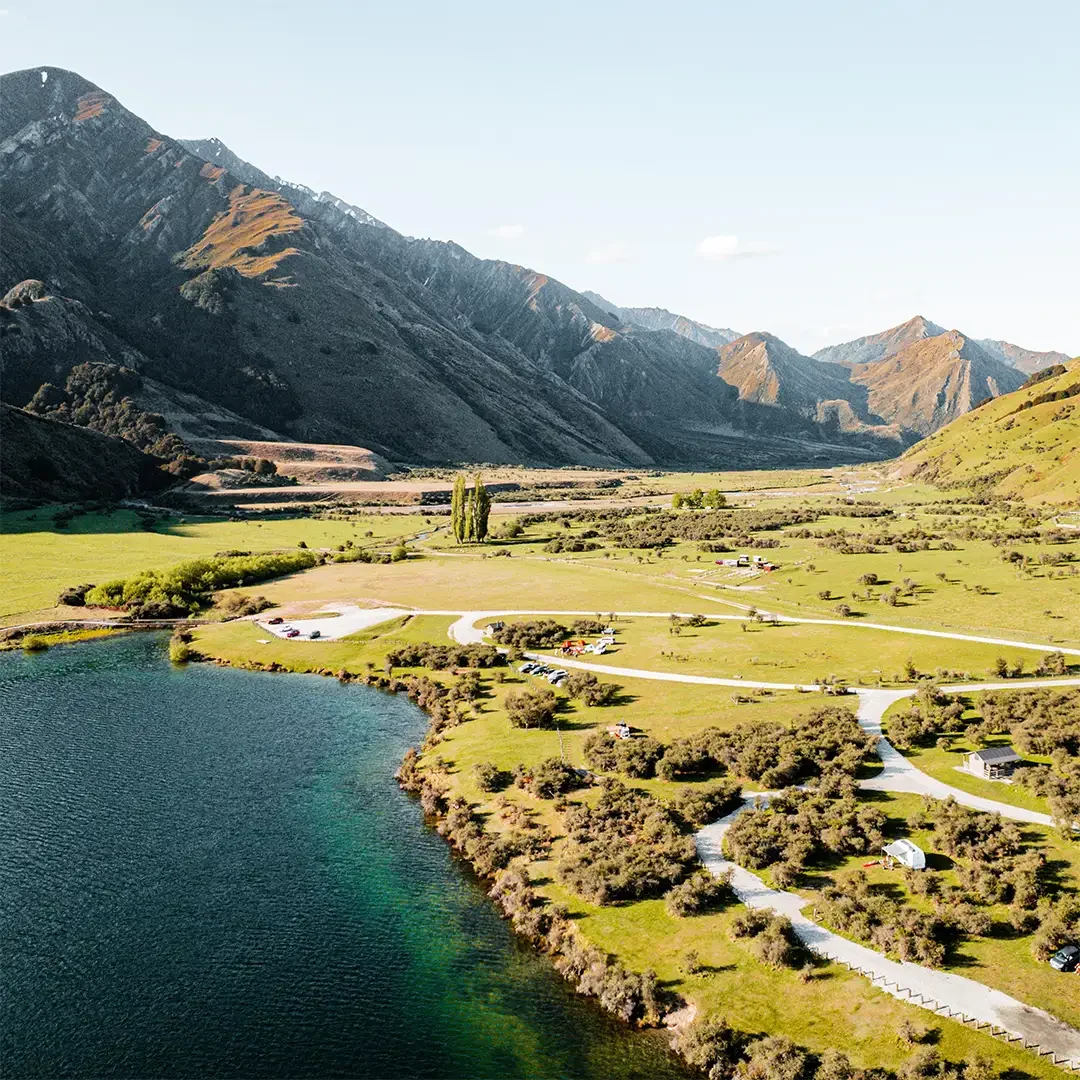
WHY THIS IS IMPORTANT FOR NEW ZEALAND
Since 1760 there have been at least 1,500 deaths from landslides in New Zealand, making them one of New Zealand’s most significant natural hazards. More fatalities have occurred from landslides than from earthquakes, volcanic activity and tsunami combined over the last 160 years. Queenstown is particularly vulnerable, making it an ideal venue for a conference about landslides. More than 50% of the land around the town is mapped as known landslides, with the underlying quartzofeldspathic schist very susceptible to deep seated failures. The largest, Queenstown Hill Landslide, has an estimated volume of 240M m³.
In early 2023 a series of severe weather events triggered over 150,000 landslides in the North Island of New Zealand, causing 11 deaths and over NZ$14 billion of direct costs, and triggering a national state of emergency for only the third time in New Zealand’s history.
New Zealanders were already aware of the importance of landslides hazards; they are a common experience, and in November 2016 a magnitude 7.8 earthquake triggered tens of thousands of landslides in the South Island of New Zealand, causing years of disruption to infrastructure and several hundred landslide dams which posed a significant hazard to people.


